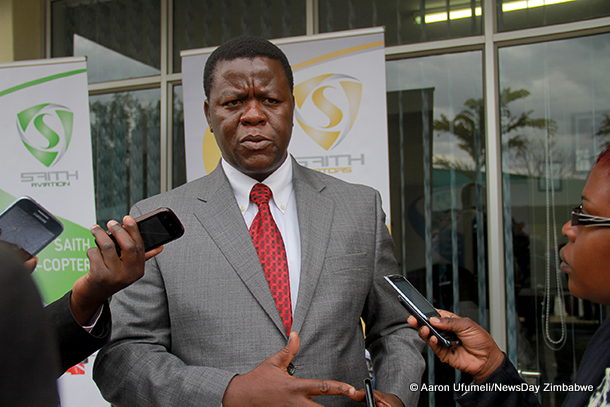
Zimbabwe before the 21st century was serviced by international organisations that supported the local market through their local offices. The major contracts for government were awarded to such institutions.
The institutions were into motor trade, telecommunications, engineering, manufacturing and mining sectors. Such companies were the major employers of local staff. Competition for the award of public contracts was cutthroat although the supply market characterised oligopolistic behaviour where few small companies used to compete on their own.
As the international companies started withdrawing from Zimbabwe in protest over the government’s land redistribution programme, the public sector was left in a quandary. That was also the time when the country was isolated from its traditional markets, especially Europe and the United States markets.
The withdrawal of the international organisations gave birth to another form of indigenisation that was not sustainable, in the view of writer. The locals were sold franchises of the international companies. They had to establish new names while pursuing the interests of their international franchise holders. As the business environment got tougher in the mid-2000, most of these companies folded.
The major reason for their collapse was the attitude of their masters who were not flexible to the changing economic environment in the country. A lot of financial engineering was required to remain afloat. The international companies’ trade systems remained unchanged and were no longer suitable for the Zimbabwean economy that was isolated. This led to South Africa emerging as the major trade partner when the international products were being sourced through the agencies of international companies resident in that country.
A new trend of businessmen emerged. Runners were required to bridge the gap between users of international products that were no longer supported locally with South African partners supporting those brands. The public sector was limited or had no capacity to trade directly with the South African companies partly due to the limitation of the public procurement rules and the exchange control policies that incapacitated the majority of public entities to trade with foreign companies. The indigenous businessman, who could source foreign currency and having a link with South Africans, was the flamboyant businessman that was servicing the public sector.
The government’s Look East policy brought another dimension in the supply market in the public sector. Initially when the policy was adopted, the government contracted the Asian companies directly with China and India leading the pack. The locals then ventured into these markets sourcing business for the Chinese and Indian manufacturers in the public sector. That was the birth of another generation of indigenous businessmen in the country.
- Chamisa under fire over US$120K donation
- Mavhunga puts DeMbare into Chibuku quarterfinals
- Pension funds bet on Cabora Bassa oilfields
- Councils defy govt fire tender directive
Keep Reading
Major projects awarded of late in the public sector were awarded to locals. These resemble the myth about the clever rabbit that challenged the gigantic elephant and hippo to a tag-of-war when, in fact the two giants were tied together by the rabbit unknowingly. Many Zimbabweans have been discounting the public procurement system for awarding major contracts to the so-called no-bodies in major engineering projects.
The local indigenous businessmen went into partnership or is acting as an agent of the renowned engineering procurement contracts. The ultimate contractor for the government is an experienced engineering company that has been introduced by the local. Many are also wondering if such relationships are sustainable and a lot will depend the strategy and attitude of the local business to maintain such relationships for the benefit of the ordinary Zimbabwean.
●Nyasha Chizu is a fellow of the Chartered Institute of Procurement and Supply writing in his personal capacity. Feedback: [email protected]; Skype: nyasha.chizu












